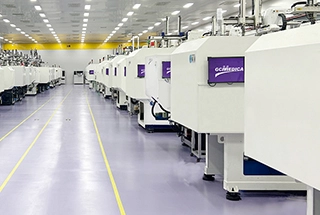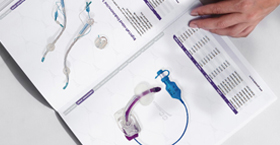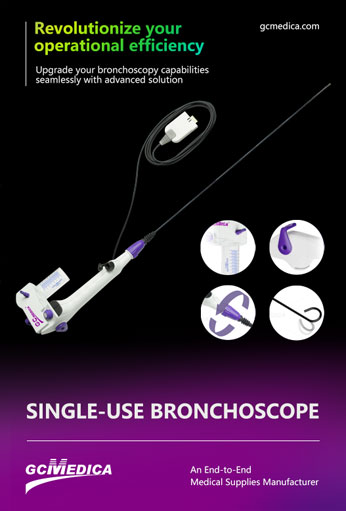Disposable bronchoscopes have transformed pulmonary and critical‑care practices by offering single‑patient use instruments that eliminate reprocessing needs and reduce infection risk. One of the most discussed considerations when evaluating disposable bronchoscopes is price. Understanding the cost range, key factors influencing price, and the comparative economics versus reusable instruments is essential for hospital administrators, procurement specialists, and clinicians alike.
Typically, the per‑unit price of a disposable bronchoscope falls within a defined range, reflecting variations in optical quality, working‑channel diameter, integration of suction channels, and inclusion of ancillary accessories (e.g., lubricant, protective sheaths). Pricing can also fluctuate based on order volume, regional distribution costs, and any extended‑service agreements (such as guaranteed next‑day delivery). It is important to note that while disposable scopes carry a higher upfront per‑case cost than the amortized cost of reusable scopes, they offset expenses related to cleaning staff, disinfectants, sterilization equipment, scope repair, and the logistical burden of reprocessing.
Below is a representative price overview in tabular form. All figures are in US dollars and reflect typical market ranges without reference to specific manufacturers.
| Cost Component | Price Range (USD) | Notes |
|---|---|---|
| Disposable Bronchoscope Unit | $150 – $400 | Depends on imaging resolution, channel size, and included consumables |
| Reprocessing Savings per Procedure | $50 – $100 | Labor, disinfectant, leak testing, and equipment depreciation |
| Waste Disposal Fee | $2 – $5 | Biohazard waste handling and disposal |
| Ancillary Consumables | $5 – $20 | Suction tubing, lubricant, protective sheaths |
| Total Per‑Procedure Cost | $207 – $525 | Sum of unit price, savings offset, disposal, and consumables (net comparison) |
Several factors drive the upper and lower bounds of these ranges:
Image Quality and Technology
Higher‐resolution video‑chip scopes command prices toward the upper limit, while fiberoptic‐based disposables tend to sit at the lower end of the spectrum.Working Channel Specifications
Devices with larger or dual working channels allow more complex interventions (e.g., simultaneous suction and instrument passage), justifying incremental cost increases.Volume Discounts and Contracts
Facilities placing bulk orders or signing multi‑year supply agreements often negotiate reduced per‑unit pricing, sometimes dropping unit costs by up to 20%.Regional and Shipping Costs
Geographic location and logistical considerations (e.g., next‑day delivery guarantees) can add to the base unit price, especially in remote or underserved markets.Regulatory and Quality Certifications
Scopes with additional certifications or extended shelf‑life specifications may carry modest premiums due to validation and storage requirements.
The price of disposable bronchoscopes varies broadly between approximately $150 and $400 per device, with total procedural costs—after accounting for reprocessing savings and ancillary fees—typically ranging from $207 to $525. While the per‑unit expense exceeds the amortized cost of reusable instruments, the elimination of reprocessing overhead and infection‑control benefits often justify the investment, particularly in low‑volume settings or where rapid turnover and patient safety are paramount.
| Single Use Flexible Bronchoscopy > |

 Français
Français Español
Español Products
Products
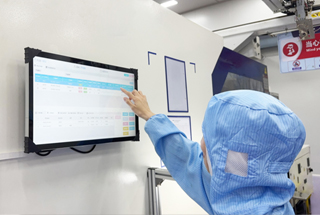
 About Us
About Us




